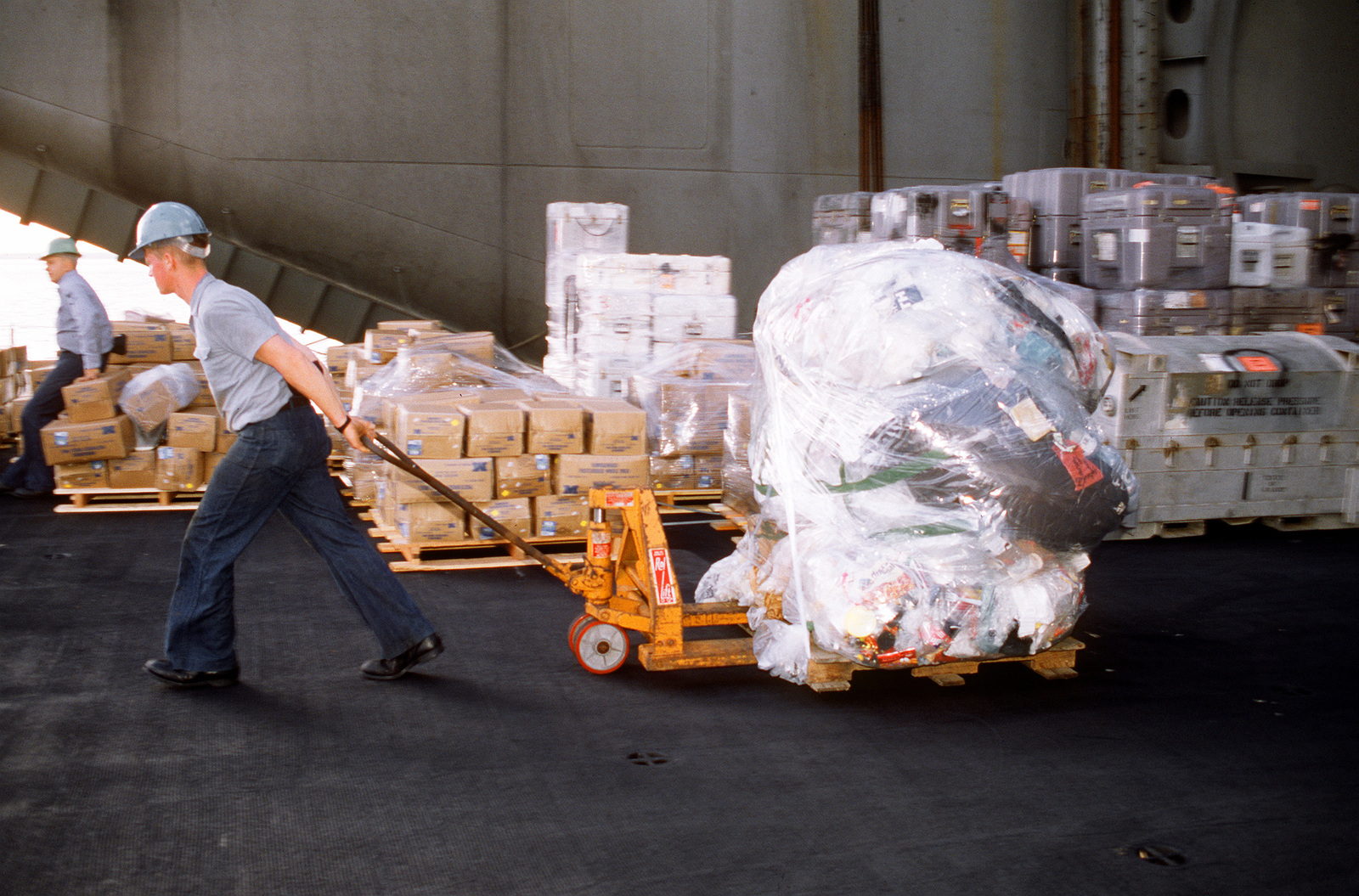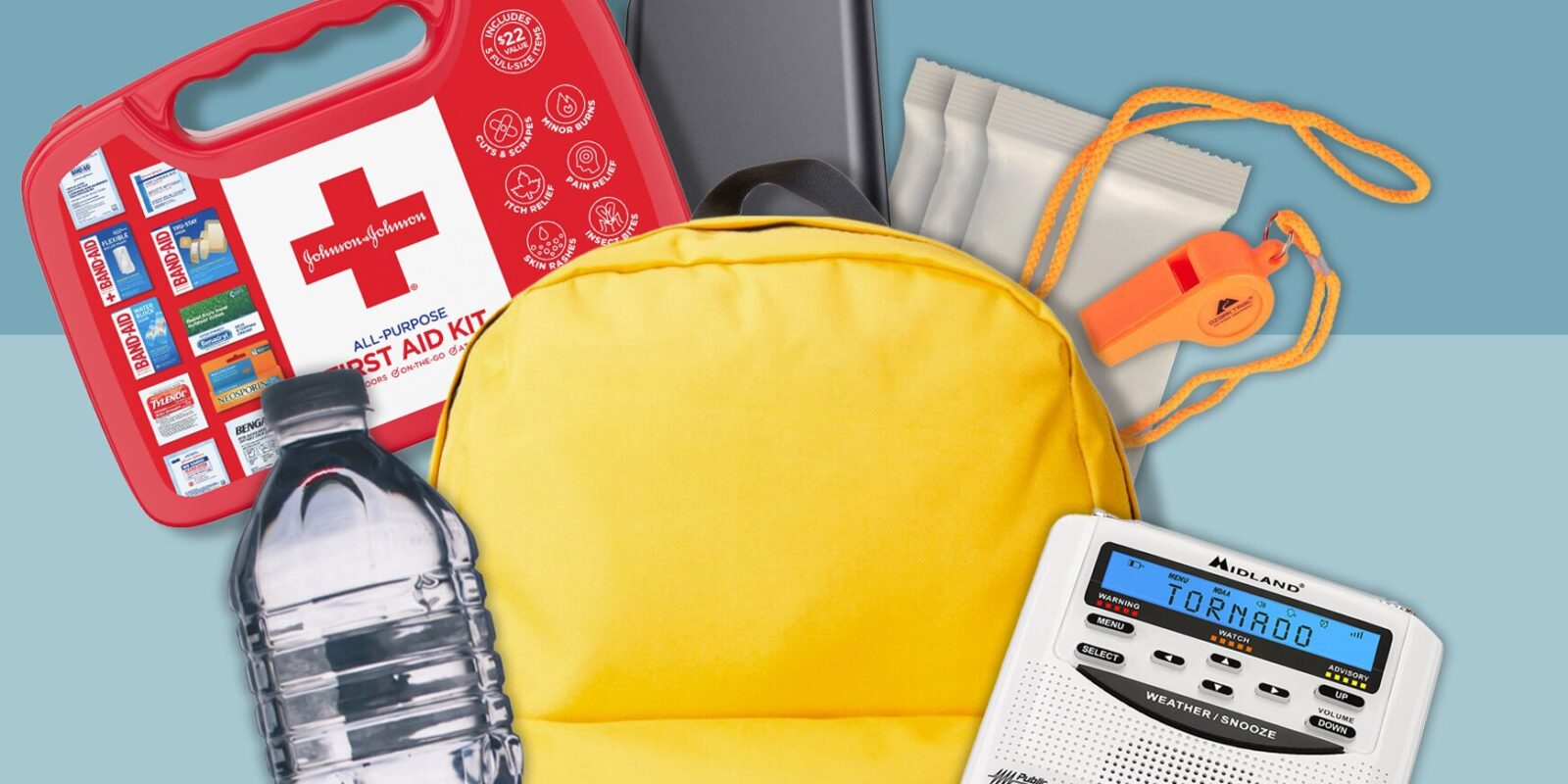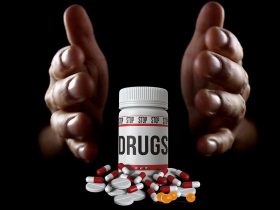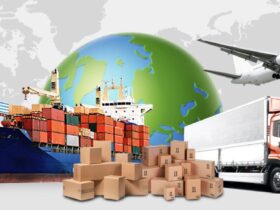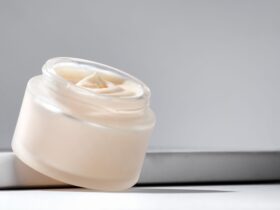Preparation is the key to solving emergencies at home. To prepare yourself against emergencies means knowing how to deal with different kinds of emergencies, from fire and flood to medical emergencies. You should know where to go or when to call if one happens. For example, if a family member needs emergency dental surgery, you should know how to contact an emergency dentist.
- Know how to call for help when emergencies arise
You should know the different ways you can call for help when emergencies happen in your home. You can use a telephone or knock on the doors of neighbors and friends.
- Keep your home well-lit
When emergencies happen at night, light can be essential to you and your family because it will allow you to see where you are going, what you are doing, and if there are dangers around the house.
- Have a first aid kit
You should have a first aid kit in your home at all times because emergencies can happen quickly, unexpectedly, and without warning. Having a first aid kit will allow you to help yourself or others until proper medical personnel arrives. You do not need to have an extensive collection of medicines. Most emergencies do not require complicated medication. It is usually enough to have bandages, disinfectants, antibiotic cream, and other essential medical supplies.
- Know your home’s layout well enough that you can find your way around in the dark
If emergencies happen at night or during bad weather, you will need to know where exits are located and how to get to them. You should also know how people can enter your home, like the front door, back doors, windows, and utility entrances.
- Have fire extinguishers in your home
Fire is one of the most common emergencies that will happen in your home. You should place fire extinguishers on each level of your home because fires may occur on any level. Fire extinguishers should be close enough for you to reach them easily but far away from where a fire is actually burning. Each person in the house must know how to use a fire extinguisher and keep it functional at all times.
- Have water and a way to make it drinkable
Water emergencies can happen when you least expect them. When emergencies like floods, earthquakes, or hurricanes occur, clean water may not be available from the tap. You should have bottled water stored in your home at all times in case emergencies happen that will affect your usual water supply. The same goes for water purification tablets, which can be used to make polluted or saltwater drinkable.
To deal with emergencies where you live, you must keep these emergency supplies on hand:
- Flashlights: You never know when the lights might go out, and then you will need a light to get around. Keep flashlights in all different rooms of your home. The flashlights should be easy to find in the dark, and they should be kept in a convenient place where you do not have trouble finding them when it is needed.
- Water: You will need water for emergencies such as fires or flooding, among others. Keep at least three gallons of water per person on hand every day, just in case. Additionally, there should be at least one gallon of water per person per day set aside for emergencies.
- Food: If your home is without electricity or if you are stranded due to the damage brought on by emergencies, food will become scarce. Keep enough nonperishable food supplies in your home to last each family member for three days at a minimum. Make sure that these foods are within reach and easily seen by all family members in emergencies.
- First-aid supplies: You never know when you or someone else might get injured, so be prepared with first aid kits for your home and car. If you do not know how to perform first aid, take a class and learn.
- Cash: When emergencies happen, the cash machines may not be working and stores may be closed. You should always have some emergency funds on hand for emergencies. These should be kept in an easily accessible place such as a small safe or even a bank deposit box.
- Insurance papers: It is important to keep insurance papers in a safe place, but you should also make a copy of them and keep those copies in a separate location. That way, if the originals are damaged or destroyed during emergencies, you will have backups. Keeping the original documents at home is not always best because emergencies can happen at home as well.
- Other important documents: You should also keep copies of driver’s licenses, social security cards, marriage certificates, property deeds, and other essential documents. These are the types of papers that may save you time when emergencies happen.
Emergencies can happen to anyone, but you do not have to be unprepared. Preparation is the key to dealing with emergencies. They do not have to be stressful if you are prepared.


